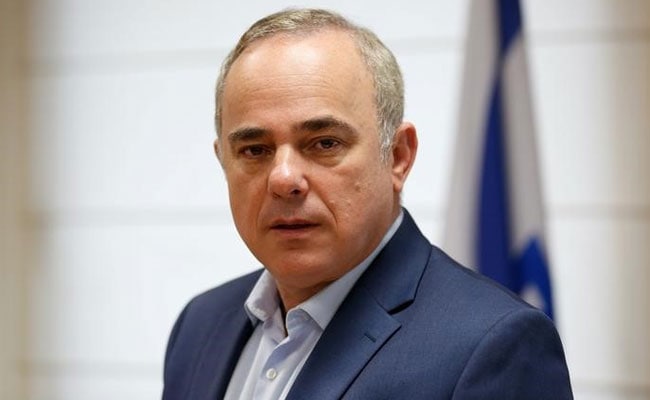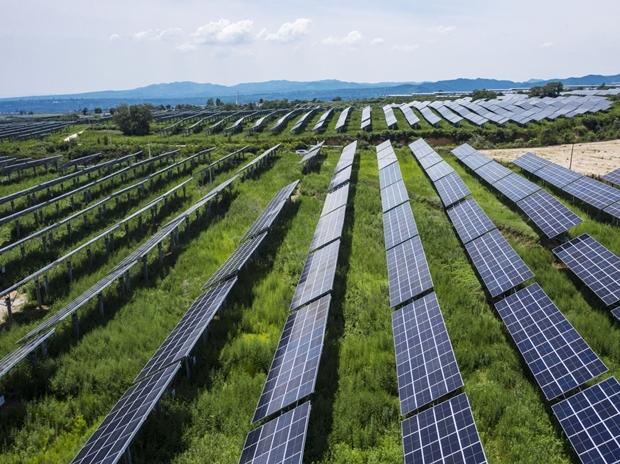The Israel Ministry of Energy announced the national to reduce greenhouse gas emissions by 2050 to combat the global climate crisis.
The government unanimously approved the decision and was supposed to be put to the vote on Sunday.
Moreover, the Ministry added in its statement that the plan is fleshed out on a wide horizon with issues concerning Israel’s electricity, transportation, industrial and natural gas economies, and regional infrastructure planning and collaborations.
The agreement to reduce the emissions by at least 85% by 2050 compared to the 2015 levels when global climate accords took place in Paris.
Moreover, it has also set an immediate target of reducing it by 27% by the end of 2030, reported The Times of Israel.

The Paris Climate Agreement had set to reduce global warming by 1.5 degrees celsius below the pre-industrial levels in 2015.
The “revolutionary and historic decision” consented by Prime Minister Naftali Bennett and several cabinet members was put to the vote before the Knesset on Sunday, said the statement.
The statement said, “The Israeli government set to approve an unprecedented decision mandating that by the year 2050 Israel will move to a low carbon emissions economy while dealing with the climate crisis that threatens all of humanity.”

“In coordination with the Paris Agreement and Israel’s international climate commitments, and to prevent crossing the global warming threshold of 1.5 degrees Celsius, Israel is committed to reaching the goal of zero carbon emissions by the year 2050,” it added.
PM Bennett, the ministers for environmental protection, foreign affairs, finance, energy, transport, economy, and interior, are enthusiastic about the plan.
Israel’s Foreign Ministry stated that the national targets also included a reduction in carbon emissions by 96% in transport, 85% in the electricity sector, and 92% in the municipal sector, reported The Jerusalem Times.
However, some other ministers in the Knesset are asserting that the plan is not ambitious enough. They are keener on making the national plan similar to the United Nations’ climate goals or the ‘Green New Deal’ proposed by the United States.
Moreover, Last week, Joint List leader MK Ayman Odeh of the Hadash Party had sent a plea to the Energy Ministry to follow the United Nations’ goals of reducing by 50% by 2030 and 100% by 2050. The leader said in a tweet.

In November 2020, then-energy minister Yuval Steinitz’s climate plan faced criticism due to proposing the less ambitious target of 30% reduction of greenhouse gas emissions by 2030 and its overreliance on natural gas extraction. The criticism mainly was lashed by then-environmental protection minister Gila Gamliel.

The new plan is less dependent on natural gas extraction, but it didn’t aim for anything higher to slash greenhouse gas emissions than the previous government, rendering it less fruitful.
Also Read: India Monsoon death toll touches 159; rescue missions are continuing in pursuit of the missing












